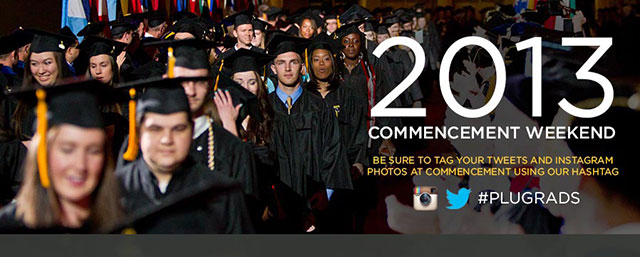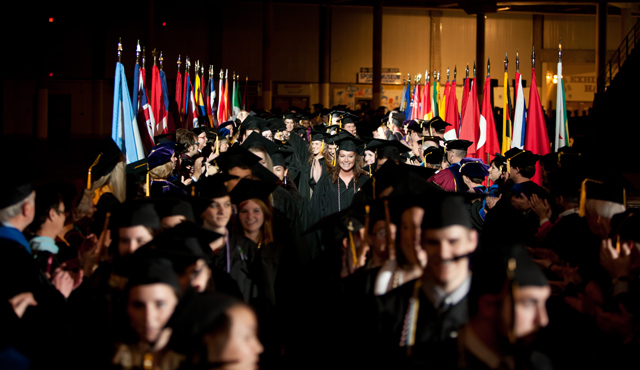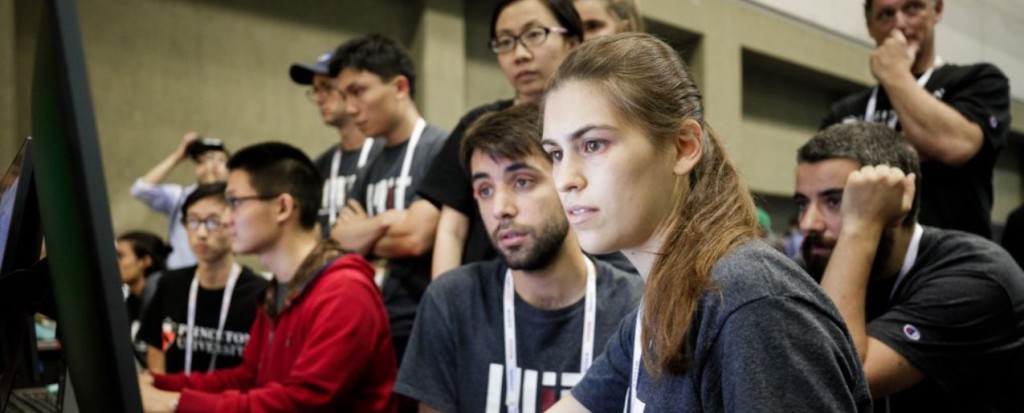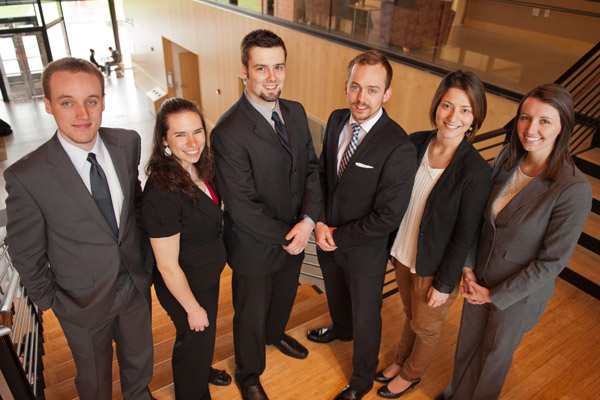Page 66 • (689 results in 0.114 seconds)
-
Recording Instruction and Communications for Distance Learners Posted by: Marcom Web Team / March 31
-

while on campus and while abroad in Germany. I am incredibly nostalgic about leaving, but ready for my next adventure. What’s next? For the next year, I plan to work a lot and save up for graduate school. I will then pursue a master’s degree in development economics, and work towards a career in the foreign service with USAID. Anna Pfohl, Bachelor of Science in geosciences and Bachelor of Arts in environmental studies Anna Pfohl ’13 is from Little Falls, Minn. Why PLU? I visited PLU during the
-
claims that higher education is facing “the risk of being undermined by a growing interest in vocational, rather than liberal education.” [2] In order to alert institutions whose integrity is being undermined by the temptations of such a risk, she provides instructive examples of successful liberal arts programs throughout the country, and bases a bold new proposal for the liberal arts upon her observations. Because her discussion is so germane to our dialogue, I will outline a few of its main
-

becoming a future social worker of my community. What’s next? I will be moving to Seattle where I have been accepted into the Dudley Edmondson Fellowship in Youth Development and Education through the YMCA and Americorps. The fellowship is 15 months and I will graduate with a YMCA Certification in Youth Development and Education. I also plan on applying for a master’s in social work program in the future with an emphasis in children and families. Angie Tennant – Bachelor of Fine Arts in theatre, minor
-

master’s degree. Don’t fall for the idea that pursuing a career in teaching means you will live in a classroom for your whole professional life. As your career progresses, you can transition toward school administration, a school leadership role, curriculum development, research, and more. Many people choose to go ahead and get their master’s at the beginning of their career, knowing it allows them much more flexibility and potential for growth long-term.Tip: Passionate about the sphere of education
-

engineer. It’s where he says he realized he enjoyed the creativity that comes with user interface and user experience development. At Metronet, he created a feature that allowed users to pay their bills without logging into the website. “The fact that I was able to create that feature for Metronet and see the results — for example, it reduced customers having to go to the store and talk to someone face-to-face — that impact was important to me,” he says.Netflix And No Time To Chill A couple of weeks
-

for Windows, the Mac, smart phones, and other devices (does anyone remember programming printers?). I will tell you that it takes a long time for a company to build-up the tools and infrastructure to get engineers excited about a new technology. Not so with Amazon Alexa. The software development tools are readily available now for experimenting with Alexa and making a connection in your favorite programming language. (The top four used now are Java, JavaScript, C#, and Python.) Take a look at this
-

with his internship at internet company Metronet, headquartered in Indiana. The internship was Ronquillo’s first exposure to working as a software engineer. It’s where he says he realized he enjoyed the creativity that comes with user interface and user experience development. At Metronet, he created a feature that allowed users to pay their bills without logging into the website. “The fact that I was able to create that feature for Metronet and see the results — for example, it reduced customers
-

study together under a PLU professor, they knew they’d get consistent language development and a community of students with shared educational and cultural experiences. Williams is clear to point out that the program is designed to create educated, informed, experienced students who seek to work and serve in communities at home and throughout the world. “You can’t do social justice work unless you know where you are doing it,” she said. “We ask our students to listen to the community and judge for
-

the development of the new Master of Science in Finance program. He points to the considerable time both he and Brown spent in the business world. They both stress pragmatism. It informs the way they teach, and it underscores the value they place in putting students in situations that focus on real-world business and finance issues. “As much as we can simulate reality, then our students will have an edge,” Boeh said. “So the question is: What can we do to simulate reality?” “One of the lessons
Do you have any feedback for us? If so, feel free to use our Feedback Form.


